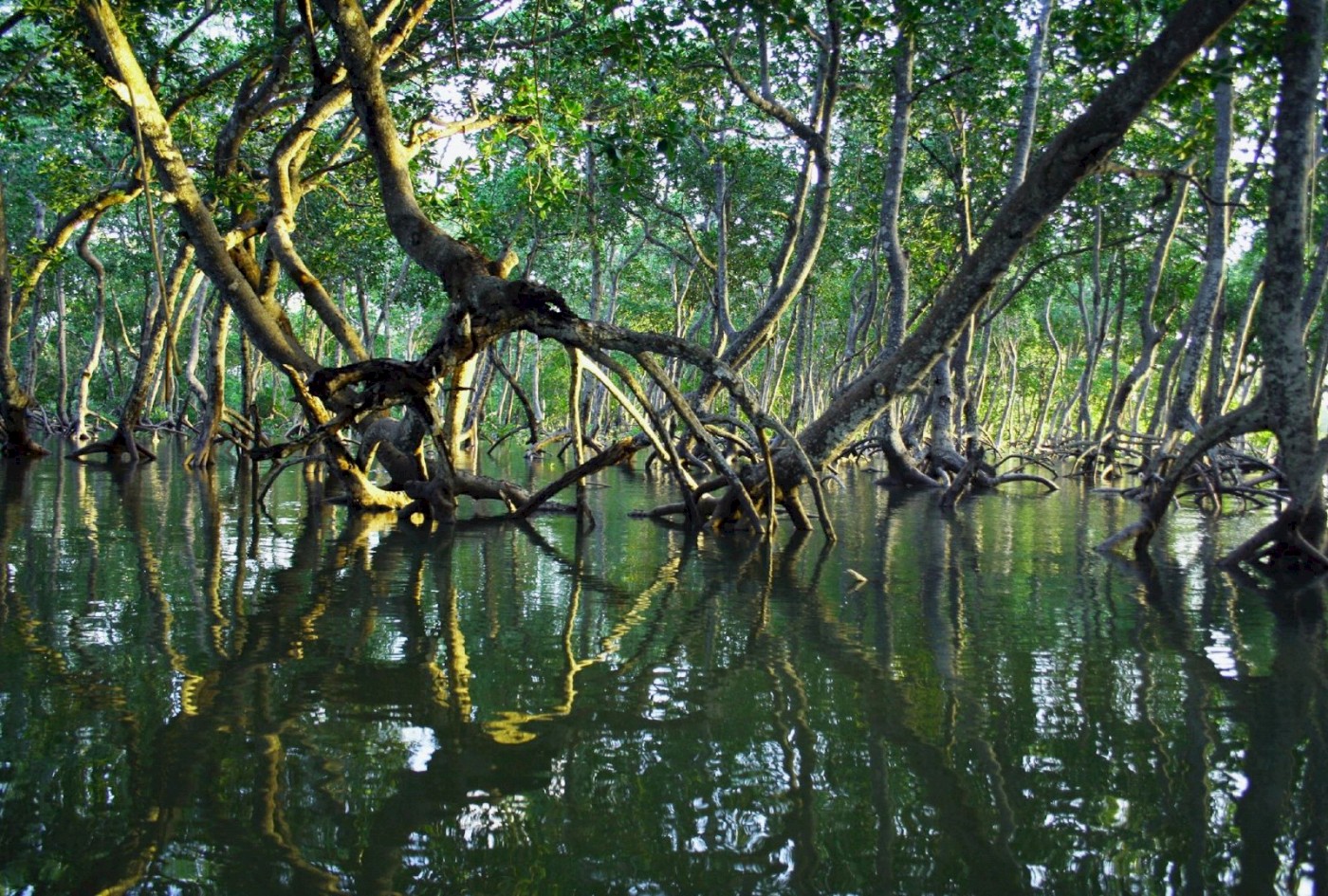
Gujarat emits around 300 tons of greenhouse gases and uses coal and fossils for energy creation. In such a scenario, how does one achieve net zero early? Such problems require an interdisciplinary approach to learning and pathways to solve problems, especially climate change.
The University’s Global Centre for Environment and Energy (GCEE) mobilised researchers, science community, policymakers and others to identify key evidence gaps and support India’s mangrove and blue carbon policies and ambitions through a workshop on blue carbon ecosystems held at the varsity campus.
“The term blue carbon describes the disproportionately large contribution of the coastal vegetation ecosystem to carbon sequestration. Destruction of such ecosystems also releases stored greenhouse gases. Gujarat is blessed with coastline which is conducive for mangrove growth,” added Minal Pathak, Professor, Ahmedabad University.
Blue carbon ecosystems support climate change mitigation and are seen as important nature based solutions that can support coastal adaptation and offer a range of benefits.
Researchers from the UK, Indonesia and India including Dr Frida Sidik from the Research Centre for Oceanography, National Agency for Research & Innovation, Indonesia; Dr Vijay Kumar from GUIDE; Professor Dharmendra Shah from MS University Baroda; Professor C N Pandey, IIT Gandhinagar; and Dr Deepa Gaval, Gujarat Ecology Society discussed on mangroves, salt marshes and other blue carbon ecosystems and their functionality as blue carbon sinks, the aftermath of their destruction, and their restoration.
"Exploring blue carbon ecosystems, like mangroves, is vital for understanding their potential in carbon sequestration. They play a crucial role globally in sequestering significant carbon amounts. Research in this area can unlock valuable insights, making them the key players in climate change mitigation strategies," said Dr. Rupesh Bhomia, Scientist at the Centre for International Forestry Research (CIFOR), while addressing at the Blue Carbon Workshop.
"Oceans are a perfect place to achieve net zero as they have massive potential due to huge surface area and volume of chemical characteristics," said Professor William (Bill) Austin from St Andrew's University and the Chair of the Global Ocean Decade Programme for Blue Carbon, highlighting the coastal and marine ecosystem's ability to mitigate emissions at the workshop.
Talking about integrating science and identifying blue carbon evidence gaps, Rory Macfarlane from the International Marine Division, UK Department for Environment, Food, and Rural Affairs, mentioned how the Evidence Needs Statement draws on the latest science, policy, and delivery expertise across the UK to identify several critical 'evidence gaps' in the management, creation, and protection of blue carbon habitats.
Organised in partnership with the United Nations Ocean Decade Programme for Blue Carbon (GO-BC) and Gujarat Institute of Desert Ecology (GUIDE), the workshop was supported by the UK Department for Environment, Food and Rural Affairs (DEFRA). It was modelled on a successful partnership and knowledge sharing approach that underpins the UN Decade of Ocean Science for Sustainable Development, focusing on building science capacity on blue carbon. The workshop aimed at supporting governments with the best available science to take actions which meet national policy goals and international commitments as under Kunming-Montral Global Diversity Framework and the Paris Agreement.